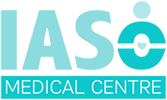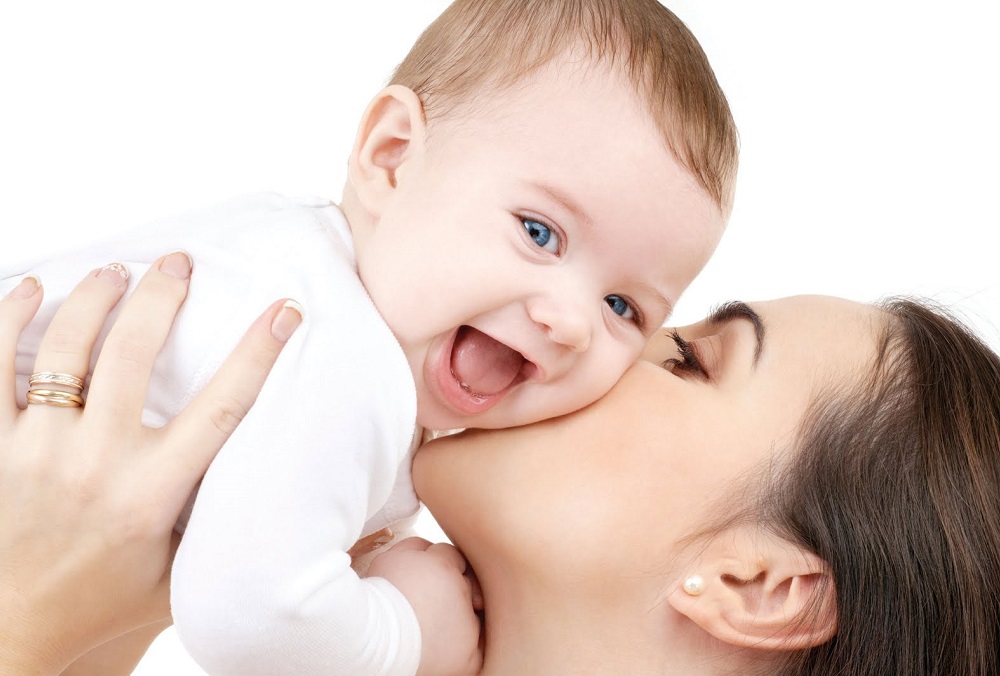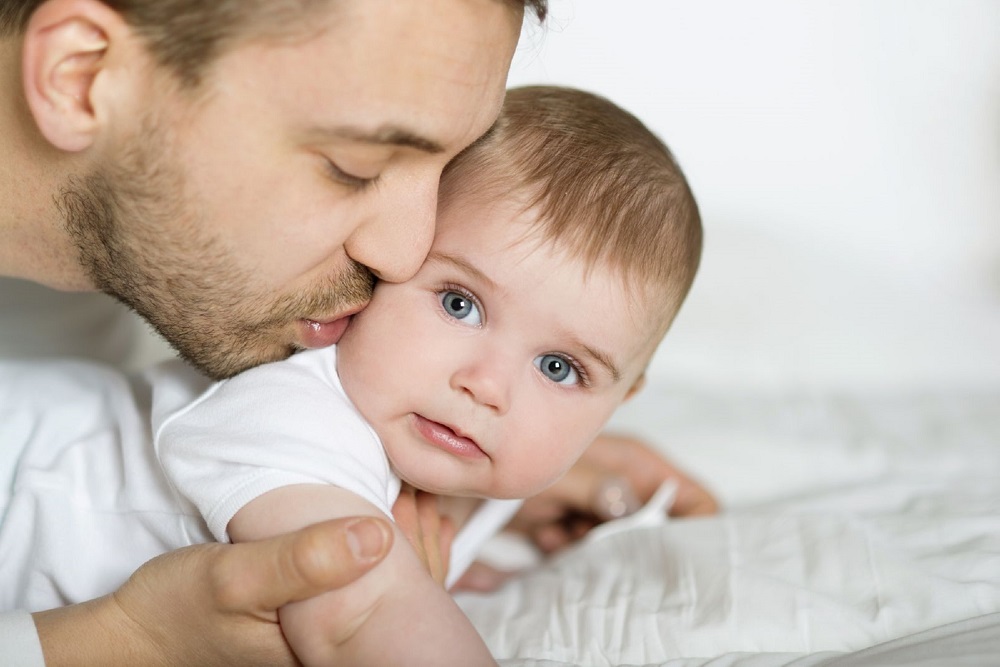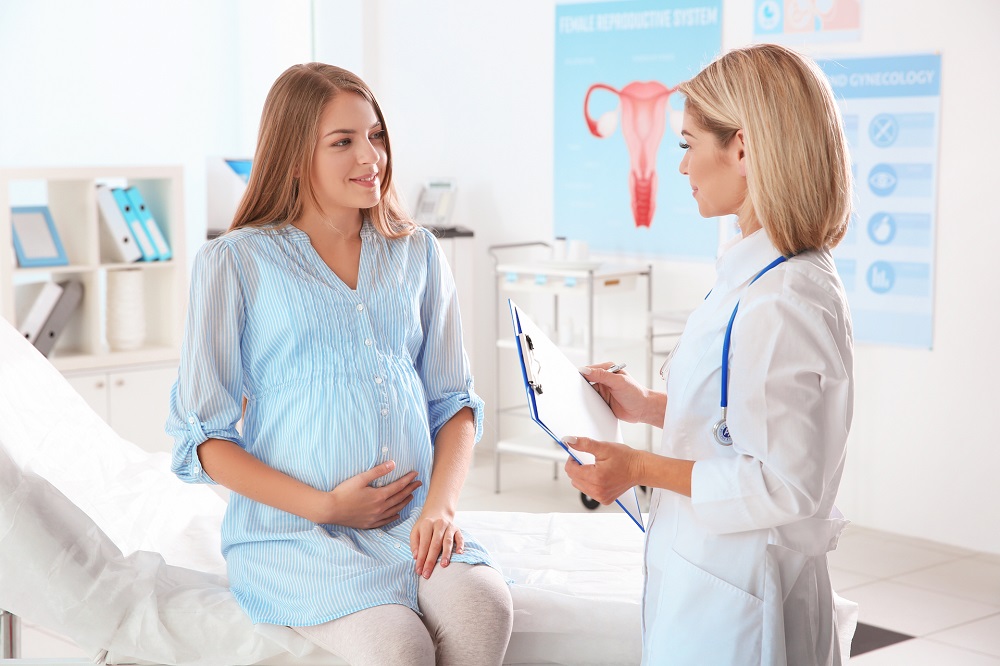Project Description
Egg Donation
A growing number of women accept foreign egg cells, in order to have a child through IVF. Below you will find some useful information regarding the process and the legal and medical conditions required to obtain a child in this way.
In what circumstances should a woman be thinking of accepting foreign eggs as a means of dealing with infertility?
In cases where the ovaries do not produce a sufficient number of eggs.
After multiple unsuccessful IVF attempts.
Women over the age of 40.
Women with poor quality egg cells or embryos, failing to result in pregnancy.
In cases where the ovaries have been removed or women have undergone chemotherapy or radiotherapy treatment.
In cases where there is a serious hereditary disease which should not be transmitted to the child and provided that the preimplantation genetic test has been unsuccessfully carried out.
Which tests are required for donors?
All women who decide to donate their eggs are subject to specific and extensive examinations for the detection of potential diseases.
At first, a hormonal examination is carried out, accompanied by a basic gynaecological examination (ovaries, uterus) with ultrasound. The initial examinations are performed in order to confirm that there is no health problem.
Afterwards, tests are performed for the detection of various viral or bacterial infections that could endanger the health of the woman/recipient. These tests include tests for sexually transmitted diseases, such as syphilis, hepatitis B and C, cytomegalovirus and AIDS.
The blood type and the Rh factor are also checked, while tests for the detection of a genetic disease are equally necessary.
What are the legal requirements to become a female donor?
Financial consideration: No financial consideration is given to donors who wish to dispose their eggs, and compensation of medical, laboratory and hospital expenses do not constitute a financial consideration. In addition, compensation for accommodation and travel expenses incurred by the donor or for being absent from work do not constitute a financial consideration. All these expenses may be covered by the future recipients.
Age: The law provides that the maximum age to become a donor is 35, because women of older age have an increased risk of developing genetic disorders.
Consents and anonymity: Donors should give their written consent and under no circumstance will the identity of the donor be disclosed to the recipient.
Egg donation programs are currently operating in many IVF units. Women who are interested in accepting eggs from donors should preferably consult their personal physician, who is well informed and can choose a reliable IVF unit.
OPENING HOURS
| Monday – Friday | 8:00 – 13:00 16:00 – 19:00 |
| Saturday | 8:00 – 12:00 |
| Sunday | CLOSED |




